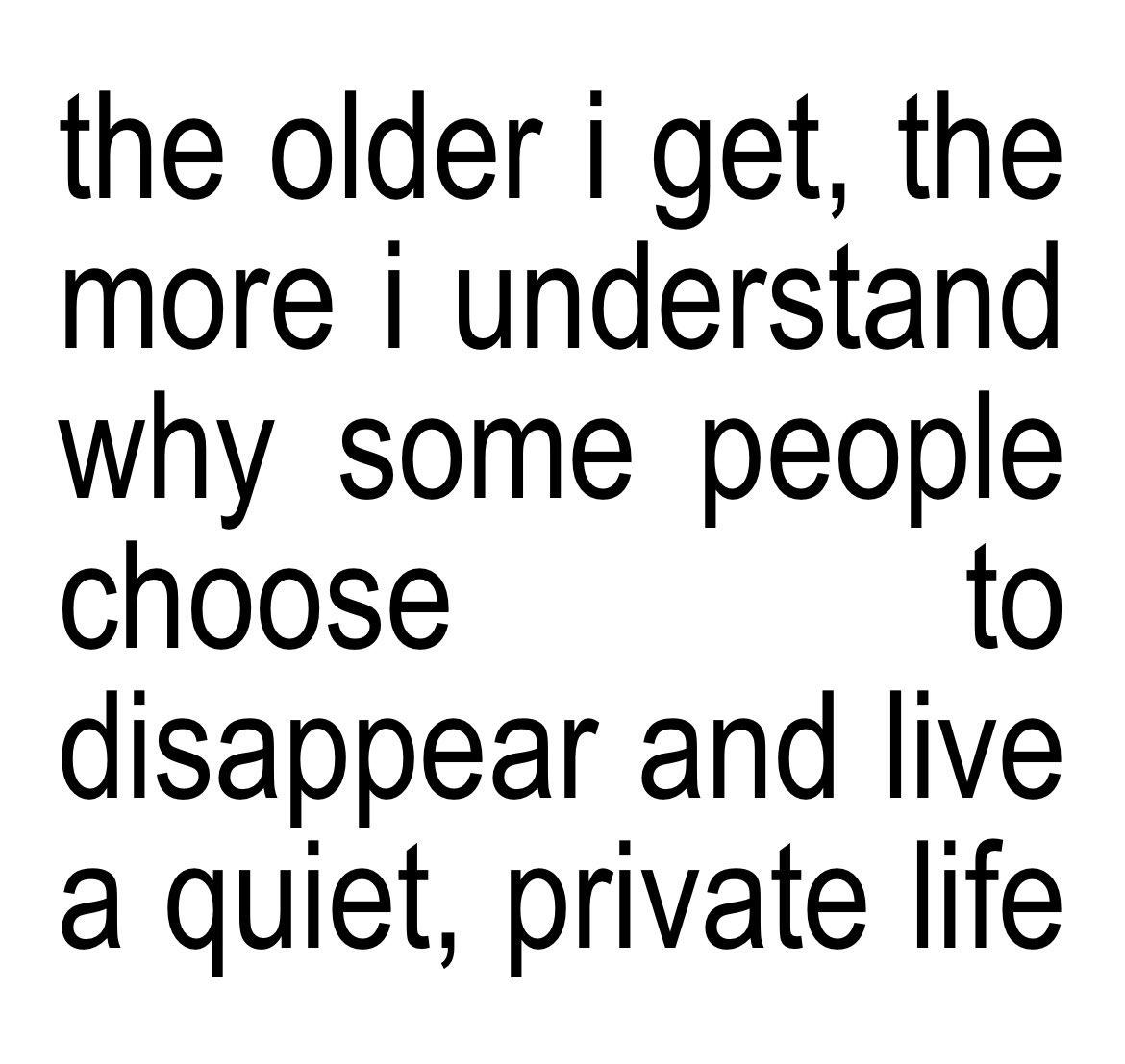Loving relationships and social support can help people heal from PTSD.
PTSD can affect different aspects of life, including relationships.
We take a deep dive into PTSD symptoms, causes, treatments, and more.
Knowing the type of PTSD you have can help you get the help you need.
How do you know if you have PTSD? There's a long list of symptoms and diagnostic criteria.
Treatment isn't always the end of PTSD. Some people might have residual symptoms, but they can be managed.
Trauma can rewire the nervous system — but the brain remains flexible.
Wondering if you have PTSD or something else? It might be worth looking into other diagnoses.
An overview of the many treatment options available for PTSD.
Many types of therapy can support mind and body healing after trauma.
If you have nightmares because of trauma, imagery rehearsal therapy could help.
Talk therapy is an effective treatment option for PTSD. Here's how it works.
ART is a new therapy that shows promise in treating trauma and other issues.
EMDR helps your brain process traumatic memories through eye movements.
CBT is one of the most popular forms of therapy. Could it work for you?
Mood stabilizers are often used for bipolar disorder but they can also help treat PTSD.
Many people living with PTSD have vivid nightmares. We look at why that is.
Vivid memories from trauma can be frightening, but there are ways to manage flashbacks.
Trauma comes with many challenges. For some people, this includes dealing with depression.
Join us as our guest shares specific tips on reducing the pain of trauma.
Childhood trauma may lay the groundwork for our adult relationships and how we bond with others.
Complex PTSD is a form of PTSD that develops after repeat traumas.
Understanding PTSD and C-PTSD may help you get the right support.
Complex trauma can affect all areas of your life. We take a closer look.
Dr. Janina Fisher's 2017 book can help therapists understand and treat complex trauma.
Complex PTSD can impact different aspects of life, including relationships.
Like adults, children can experience PTSD after a traumatic event.
#trauma #healingjourney #recovery #resilience
PTSD can affect different aspects of life, including relationships.
We take a deep dive into PTSD symptoms, causes, treatments, and more.
Knowing the type of PTSD you have can help you get the help you need.
How do you know if you have PTSD? There's a long list of symptoms and diagnostic criteria.
Treatment isn't always the end of PTSD. Some people might have residual symptoms, but they can be managed.
Trauma can rewire the nervous system — but the brain remains flexible.
Wondering if you have PTSD or something else? It might be worth looking into other diagnoses.
An overview of the many treatment options available for PTSD.
Many types of therapy can support mind and body healing after trauma.
If you have nightmares because of trauma, imagery rehearsal therapy could help.
Talk therapy is an effective treatment option for PTSD. Here's how it works.
ART is a new therapy that shows promise in treating trauma and other issues.
EMDR helps your brain process traumatic memories through eye movements.
CBT is one of the most popular forms of therapy. Could it work for you?
Mood stabilizers are often used for bipolar disorder but they can also help treat PTSD.
Many people living with PTSD have vivid nightmares. We look at why that is.
Vivid memories from trauma can be frightening, but there are ways to manage flashbacks.
Trauma comes with many challenges. For some people, this includes dealing with depression.
Join us as our guest shares specific tips on reducing the pain of trauma.
Childhood trauma may lay the groundwork for our adult relationships and how we bond with others.
Complex PTSD is a form of PTSD that develops after repeat traumas.
Understanding PTSD and C-PTSD may help you get the right support.
Complex trauma can affect all areas of your life. We take a closer look.
Dr. Janina Fisher's 2017 book can help therapists understand and treat complex trauma.
Complex PTSD can impact different aspects of life, including relationships.
Like adults, children can experience PTSD after a traumatic event.
#trauma #healingjourney #recovery #resilience
Loving relationships and social support can help people heal from PTSD.
PTSD can affect different aspects of life, including relationships.
We take a deep dive into PTSD symptoms, causes, treatments, and more.
Knowing the type of PTSD you have can help you get the help you need.
How do you know if you have PTSD? There's a long list of symptoms and diagnostic criteria.
Treatment isn't always the end of PTSD. Some people might have residual symptoms, but they can be managed.
Trauma can rewire the nervous system — but the brain remains flexible.
Wondering if you have PTSD or something else? It might be worth looking into other diagnoses.
An overview of the many treatment options available for PTSD.
Many types of therapy can support mind and body healing after trauma.
If you have nightmares because of trauma, imagery rehearsal therapy could help.
Talk therapy is an effective treatment option for PTSD. Here's how it works.
ART is a new therapy that shows promise in treating trauma and other issues.
EMDR helps your brain process traumatic memories through eye movements.
CBT is one of the most popular forms of therapy. Could it work for you?
Mood stabilizers are often used for bipolar disorder but they can also help treat PTSD.
Many people living with PTSD have vivid nightmares. We look at why that is.
Vivid memories from trauma can be frightening, but there are ways to manage flashbacks.
Trauma comes with many challenges. For some people, this includes dealing with depression.
Join us as our guest shares specific tips on reducing the pain of trauma.
Childhood trauma may lay the groundwork for our adult relationships and how we bond with others.
Complex PTSD is a form of PTSD that develops after repeat traumas.
Understanding PTSD and C-PTSD may help you get the right support.
Complex trauma can affect all areas of your life. We take a closer look.
Dr. Janina Fisher's 2017 book can help therapists understand and treat complex trauma.
Complex PTSD can impact different aspects of life, including relationships.
Like adults, children can experience PTSD after a traumatic event.
#trauma #healingjourney #recovery #resilience

·68 Ansichten
·0 Bewertungen












